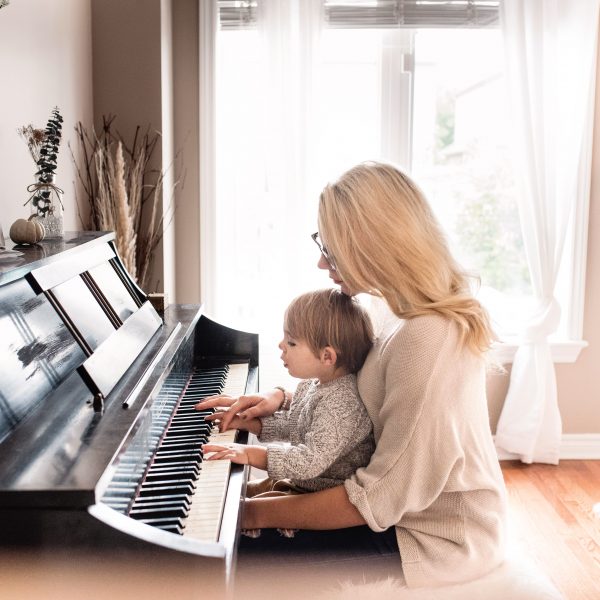Music helps the spoken language of hearing-impared children

A group of Finnish researchers have compiled a series of guidelines for international use, to support the use of music in the development of spoken language for children with hearing impairments.
The guidelines are suitable for the parents of children with hearing impairments, early childhood education and care (ECEC) providers, teachers, speech therapists and other rehabilitators of children with additional hearing needs, as well as the hearing-impaired themselves.
Researchers from the University of Helsinki made the discoveries, about the value of music in supporting spoken language, while designing and implementing a music playgroup for children using a cochlear implant.
Researcher Ritva Torppa noticed that music, especially singing, had benefits for the brain of hearing-impaired children and their spoken language. The goal of the music playgroup, speech-music group, is to improve the perception of speech and spoken language.
In an article published in the Hearing Research journal, Ms Torppa and Professor of Education, brain researcher Minna Huotilainen, assembled their own findings and those of other researchers which demonstrate that musical activities develop children’s perception of prosody, such as rhythm and pitch variation, and spoken language.
“These skills make children’s lives easier,” Ms Torppa explained. “Listening to speech, for example, in noisy surroundings becomes less stressful, while communicating with others and absorbing information in school and everyday life also becomes easier.”
Professor Huotilainen emphasised that employing music in early childhood education and basic education benefits all children attending, and has the additional benefit of providing safeguards that support high-quality learning for children with language disorders, those learning Finnish as a second language and children with developmental disabilities.
“The use of musical methods in teaching intensifies learning and is in line with the results of the latest brain research,” Professor Huotilainen noted.
She pointed out that music also “gives every child and young person a voice of their own, a channel for self-expression and the chance to be heard.”
The researchers hope that musical skills will be better acknowledged in the training of early childhood educators and basic education teachers, with Professor Huotilainen adding “It would be great if the musical skills already acquired before university studies could be acknowledged at the entrance examination stage.”
The research and associated guidelines have been included in the article soon to be published in Hearing Research. The study is titled Why and how music can be used to rehabilitate and develop speech and language skills in hearing-impaired children.
Popular

Policy
Quality
Practice
Provider
Research
Workforce
ECEC services to close early for mandatory child safety training under national reforms
2025-12-01 07:10:09
by Fiona Alston

Practice
Quality
Research
Workforce
Insights on implementation in early education: Deliberate and structured approach the key to embedding evidence-based practice in early education
2025-12-01 07:45:53
by Fiona Alston

Quality
Workforce
Practice
Provider
Research
Bush kindy builds strength, confidence and connection at Clearview Early Learning
2025-12-02 07:40:49
by Fiona Alston















